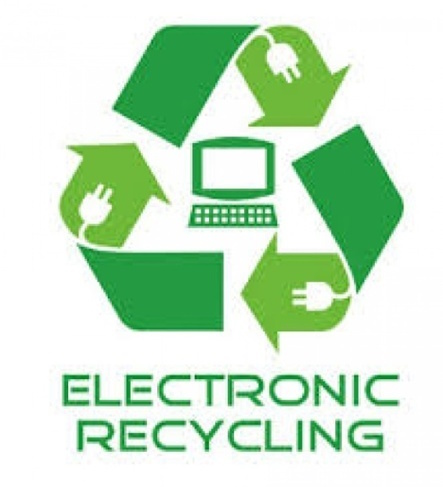
In recent decades, recycling and reusing have made a significant mark in waste management, particularly with household waste. Discover Magazine highlighted that by 2005, Americans were recycling around 32% of their waste, equaling nearly a ton per person per year. This commendable effort equates to the greenhouse gas savings of taking 39.6 million cars off the streets.
However, amidst these accomplishments, a vital area often overlooked is electrical waste recycling. E-waste, or discarded electronic products, poses a significant environmental threat if not properly managed. Unlike construction waste, where debris can sometimes be repurposed onsite, electrical items require specialized processes for safe disposal and recycling.
Electrical products contain both hazardous materials, which can harm the environment, and valuable resources, like gold, silver, and rare metals, that can be reclaimed and reused. Yet, the methodological steps towards e-waste recycling and reusing have been notably slower than those of other waste types.
There are two primary strategies to enhance e-waste recycling:
- E-waste Collection Points: Establish dedicated collection points where individuals can drop off old electronic devices. These centers can ensure that e-waste is kept separate from regular trash, preventing harmful elements from leaching into the environment.
- Awareness and Education: Many are unaware of the environmental threats posed by discarded electronic devices or the potential value locked within them. An effective awareness campaign can enlighten the public, leading to better recycling habits.
Moreover, there’s a significant economic incentive for businesses in the e-waste recycling sector. The recovery of metals like gold, silver, and copper from old electronics can be profitable. It’s crucial that both manufacturers and governmental bodies recognize this potential and work together to create efficient e-waste recycling systems.
Some regions are already taking positive steps. For instance, Wisconsin is working closely with non-profit organizations to educate businesses about recycling methods and set up effective recycling programs. With continued efforts, there’s hope that more regions will prioritize e-waste recycling, ensuring both environmental protection and economic gains.
